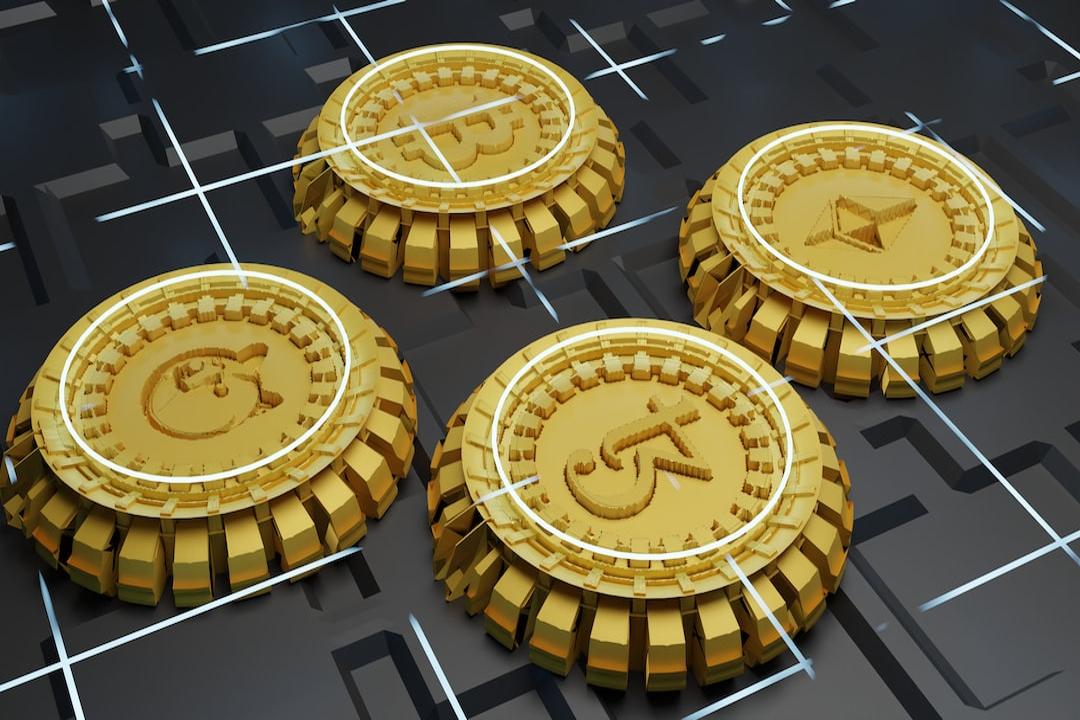The Financial Supervisory Commission (FSC) has brought together financial institutions to establish the “Real-World Asset Tokenization Working Group” in order to explore the necessary preparations for promoting “real-world asset tokenization” in Taiwan. The FSC collaborated with the Financial Technology Co-creation Platform’s “Regulatory Technology and Research Application Team” to convene the Taiwan Depository & Clearing Corporation (TDCC) and six financial institutions to form the working group. The inaugural meeting was held on June 13, 2024.
What is “real-world asset tokenization”?
“Real-world asset tokenization” (RWA) has been one of the most discussed blockchain applications since 2023. RWA refers to the process of tokenizing tangible and intangible assets such as watches, real estate, wine, trading cards, stocks, and bonds, creating a virtual counterpart in the online world that is linked to the value of the original asset.
Traditional financial transactions have several limitations. For example, when it comes to investing in mutual funds, individual investors typically need to transact within specific timeframes on each trading day, and outside of these periods, they are unable to buy or sell. Some funds may also have minimum investment thresholds, requiring investors to commit a certain amount of capital to participate.
Real-world asset tokenization (RWA) unlocks these constraints, offering greater flexibility. The financial sector is currently the fastest-growing field for RWA development.
Internationally, tokenized real-world assets are believed to have potential advantages such as 24/7 trading, cross-border and cross-time zone transactions, reduced investment thresholds, improved operational efficiency, real-time settlement, increased liquidity, and transparency. However, there are also challenges related to regulation, legal frameworks, and interoperability.
To explore the necessary preparations for implementing RWA tokenization in Taiwan and to develop financial technology in a forward-looking and comprehensive manner, the FSC collaborated with the TDCC and six willing financial institutions, including Cathay United Bank, Taipei Fubon Bank, CTBC Bank, Cathay Securities, Cathay Asset Management, and Yuanta Financial Holdings, to establish the “RWA Tokenization Working Group” to jointly study related promotion matters.
Further reading:
Unleashing the potential of tokenization: Can “real-world asset tokenization” disrupt asset trading? A comprehensive analysis of the RWA wave
The “RWA Tokenization Working Group” will delve into professional knowledge and practical operations
The FSC stated that to facilitate the smooth progress of the “RWA Tokenization Working Group,” apart from the Innovation Center, various departments have also assigned representatives to attend the meetings to gain an understanding of RWA tokenization expertise and practical operations and to discuss relevant policies and regulations. The aforementioned entities have reached a consensus on the operating procedures of the “RWA Tokenization Working Group” and plan to select two assets as targets for tokenization. The group will convene meetings approximately every three to four weeks.
In addition to studying tokenization methods, the group will also analyze asset custody and transactions. The ultimate goal is for participating financial institutions to propose conceptual validation (Proof of Concept; POC), business trials, or innovation experiment applications.
The FSC emphasizes the development of financial technology, particularly as web3 and its related applications such as tokenization and decentralized finance are rapidly advancing. International organizations and other countries have already put forward relevant regulatory proposals and development projects.
Multiple RWA cases have emerged internationally
Currently, there are many examples of financial RWA products internationally.
For instance, the well-known “Franklin OnChain US Government Money Fund” (FOBXX) is currently ranked among the top three in the US bond RWA category on the data analysis website rwa.xyz.
FOBXX was launched on the Stellar blockchain in 2021, becoming the first mutual fund registered in the US and utilizing a public blockchain for transactions and recording equity.
At least 99.5% of the total assets of this tokenized government money fund are invested in US government securities and cash, with fully secured repurchase agreements. The transfer agent for FOBXX, Franklin Templeton Investor Services, maintains the official record of equity through its proprietary blockchain integration system.
Transactions on the blockchain are open 24/7, allowing FOBXX to be traded at any time. Users can purchase it through the Franklin’s Benji Investments application.
In addition, asset management giant BlackRock, the world’s largest ETF issuer, entered the RWA field in March of this year, launching the “BlackRock US Dollar Institutional Digital Liquidity Fund” on Ethereum and using a token named BUIDL as the fund’s representative.
The assets behind this fund consist of cash, US bonds, and repurchase agreements, representing the funds that will be invested in these asset classes to ensure stable value and growth. At the same time, the fund will use blockchain technology to track asset holdings and transactions.
The fund will also pay out returns to token holders daily through the blockchain, providing investors with a faster and more convenient way to receive income.

